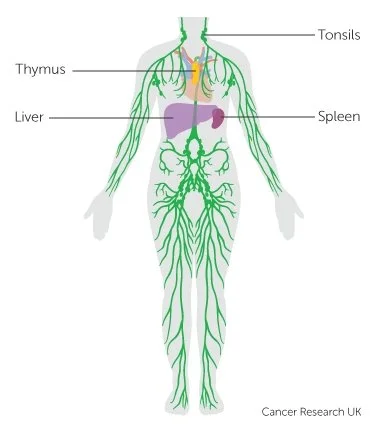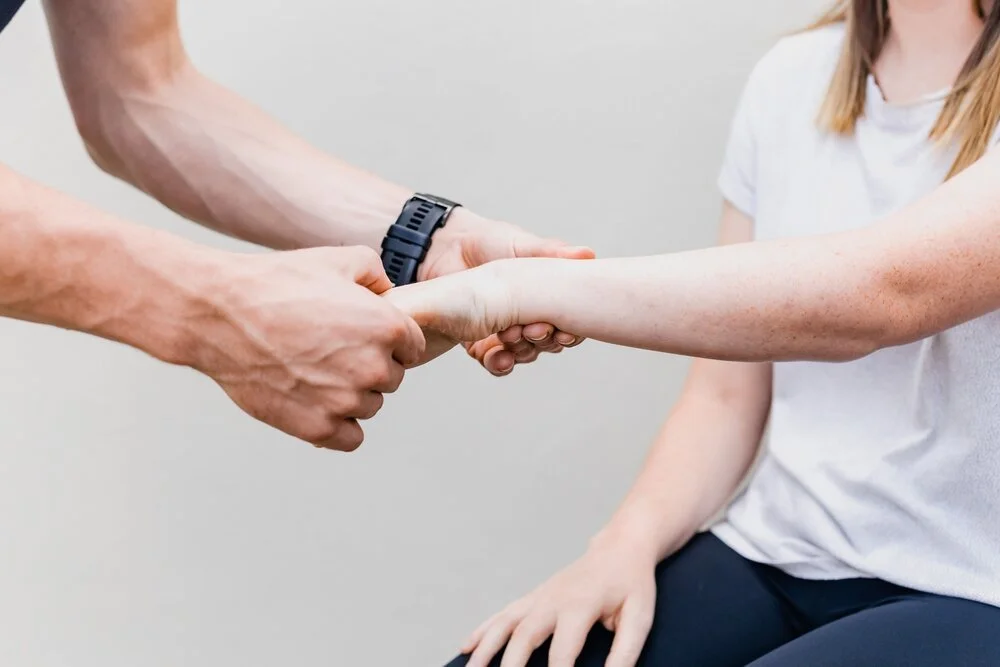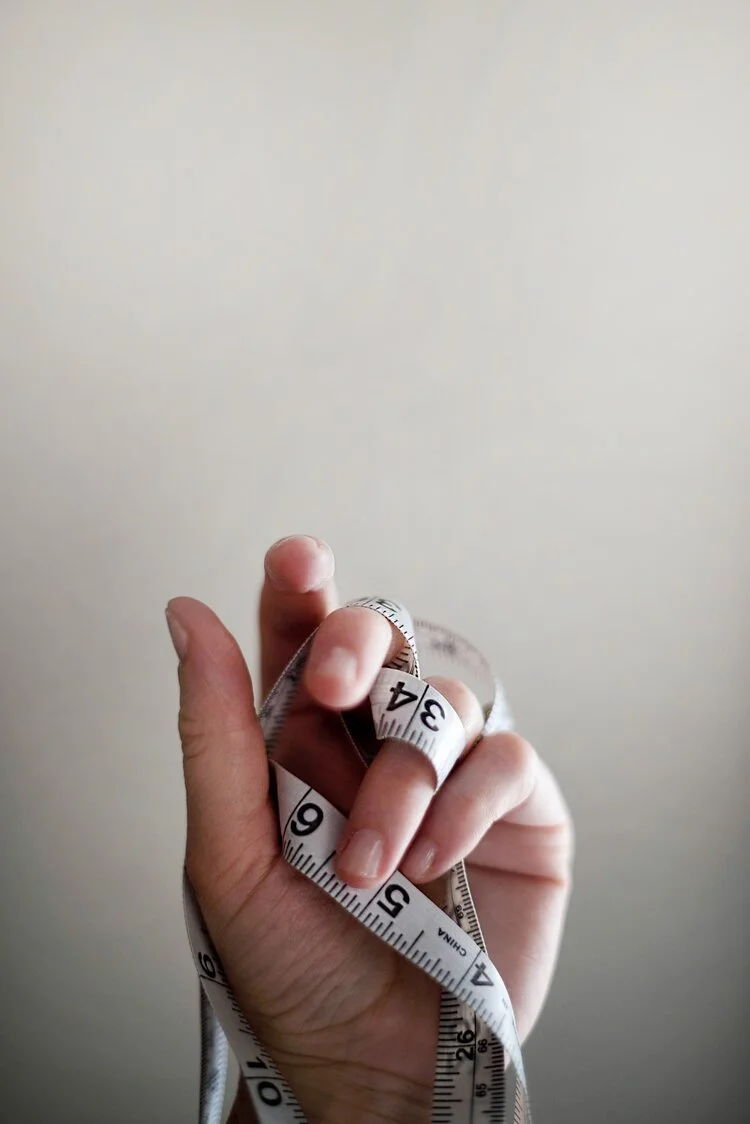LYMPHOEDEMA TREATMENT
We work with people who have cancer-related lymphoedema. If cancer has spread to your lymph nodes, then they will have to be removed in surgery. The lymphatic system has a fantastic way of compensating through finding new pathways to drain fluid from the body. However, sometimes the system is unable to cope and this may lead to lymphoedema (swelling) in the affected area. It is vitally important that we treat this swelling as early as possible as excess fluid sitting in the skin can put us at risk of a skin infection, known as cellulitis and predispose to chronic tissue changes.
Movement impairments are common following cancer surgery, most commonly shoulder pain after breast cancer surgery. This can be due to the scarring from the surgery and radiotherapy, general deconditioning or avoidance of activity due to fear of doing harm. Lymphoedema Treatment will address these limitations in function alongside treating the lymphoedema. By combining our musculoskeletal skills, we can work with you to move well, reduce pain and improve lymphatic drainage.
Benefits of service:
Reduce volume of lymphoedema
Reduce risk of chronic tissue changes
Reduce risk of cellulitis (skin infection)
Reduce musculoskeletal pain secondary to lymphoedema
Improve shoulder pain following breast cancer surgery
Provide education on the cause of your pain or restricted movement
Improve quality of life
Facilitate earlier return to work or hobbies
Increase confidence to self-manage
Improve well being
Common conditions we treat:
Head and neck lymphoedema following neck dissection or radiotherapy
Arm or breast lymphoedema following axillary node dissection or radiotherapy
Leg, genital or abdominal swelling following groin dissections for melanoma or pelvic cancers.
Lymphoedema treatments available
Advice and education on your condition
Manual therapy, including myofascial release
Exercise prescription
Pilates
FG-MLD (fluoroscopy-guided manual lymphatic drainage)
Multicomponent bandaging
Advice and measuring for compression (if indicated)
What you can expect from your initial consultation:
The Lymphoedema initial consultation is 60 minutes where we take a holistic approach to identify how lymphoedema is affecting your day-to-day life. We will take limb volume measurements and observe you move to identify any altered movement patterns or restrictions that may be affecting your lymphoedema. Together we will discuss your treatment plan depending on the needs identified in the assessment. This may involve a combination of therapies that we have available.
As part of your care, our therapists will communicate with the oncology team and provide clinic letters after your initial assessment, at discharge, and during treatment if any questions or concerns arise. If we identify any issues outside our scope of practice then we will ensure to involve the appropriate healthcare professional. This may be a psychologist, dietician or pelvic health specialist.




